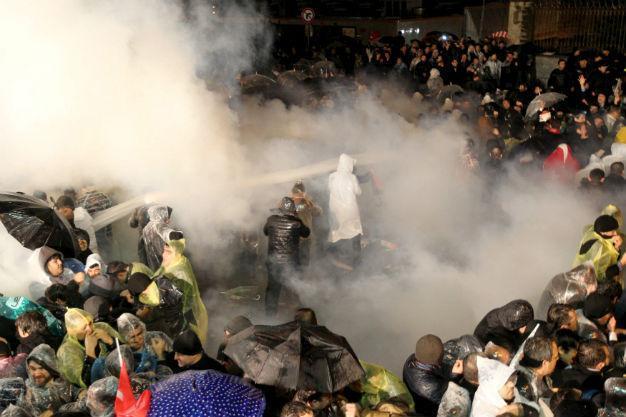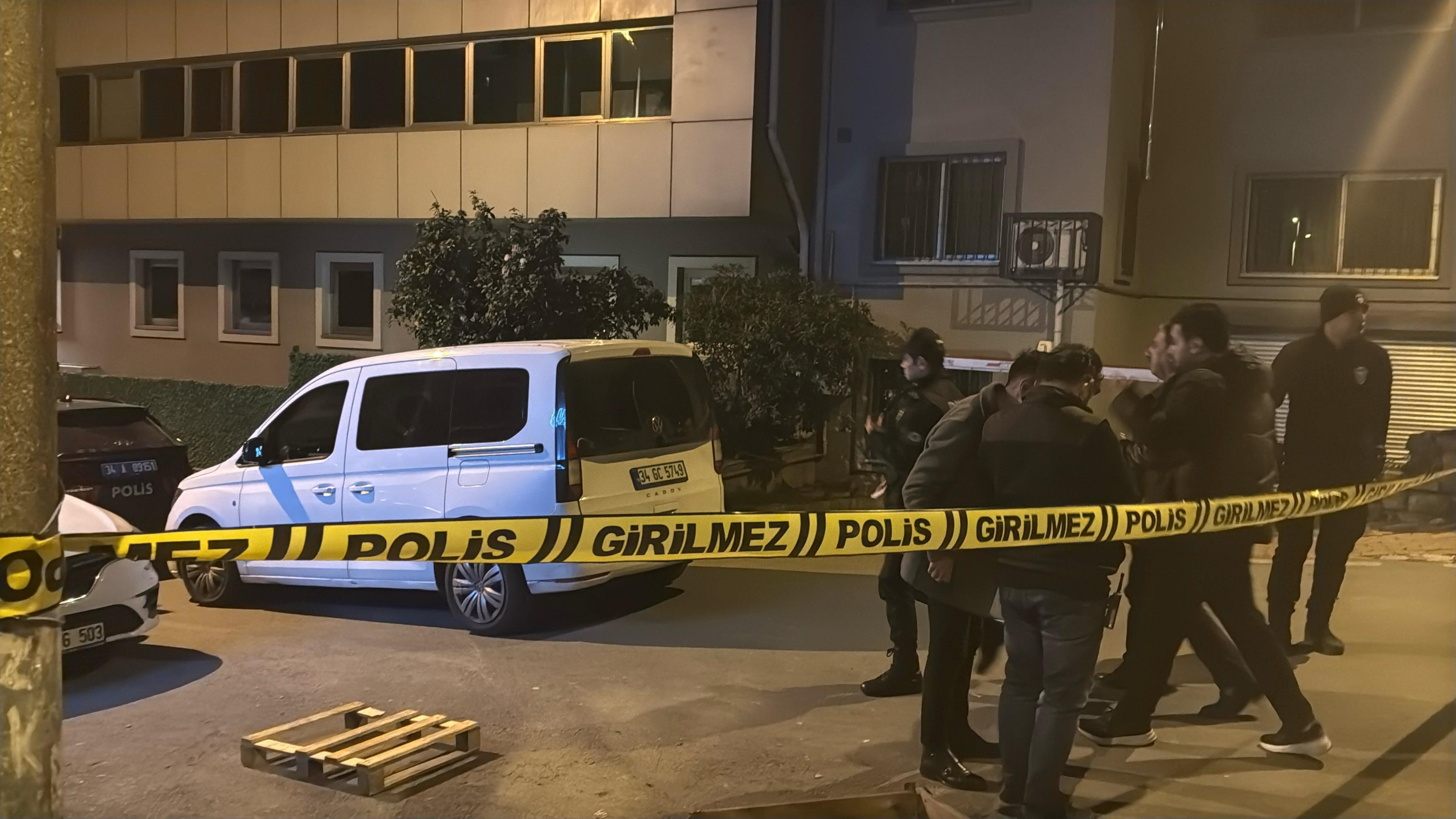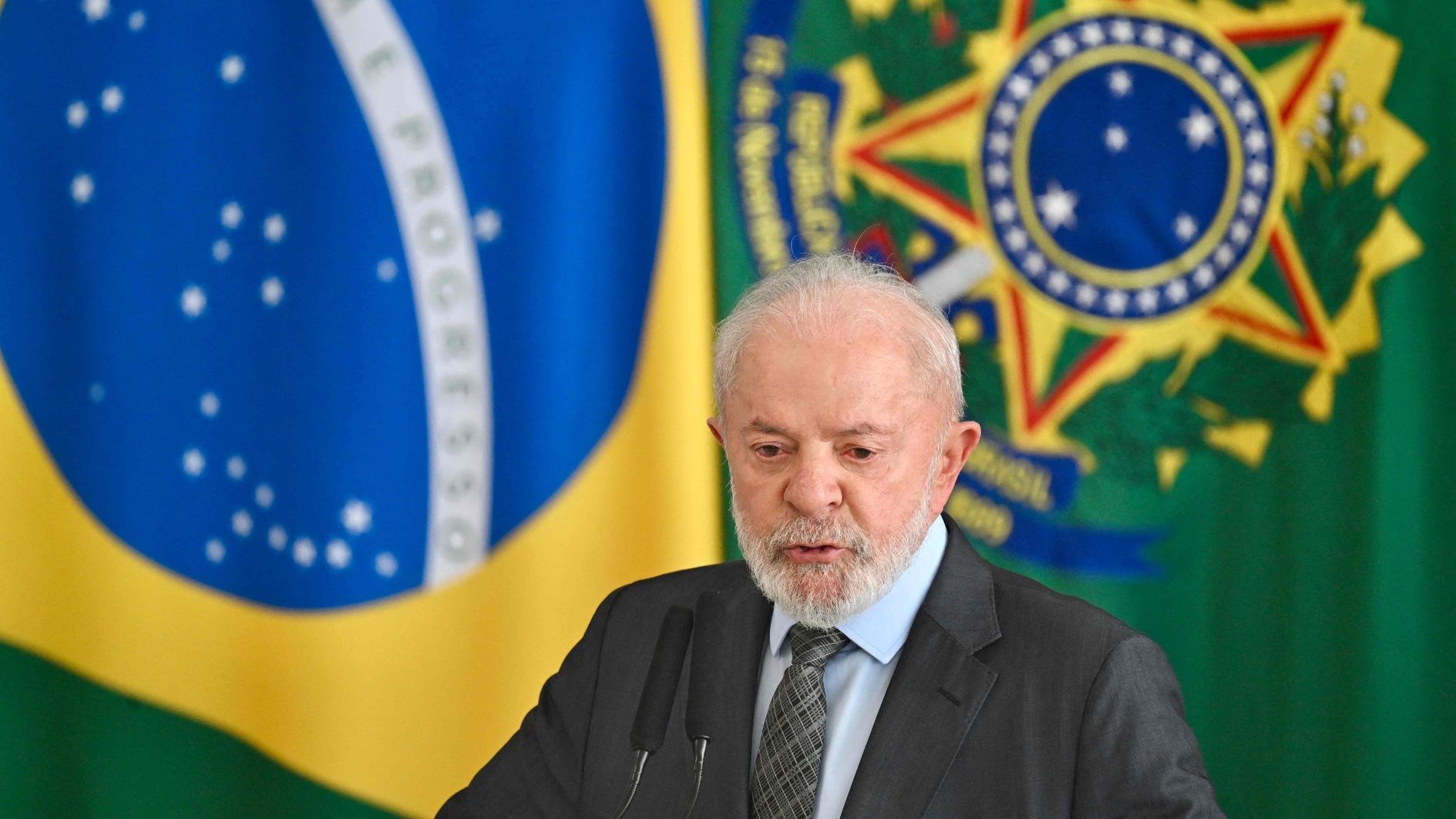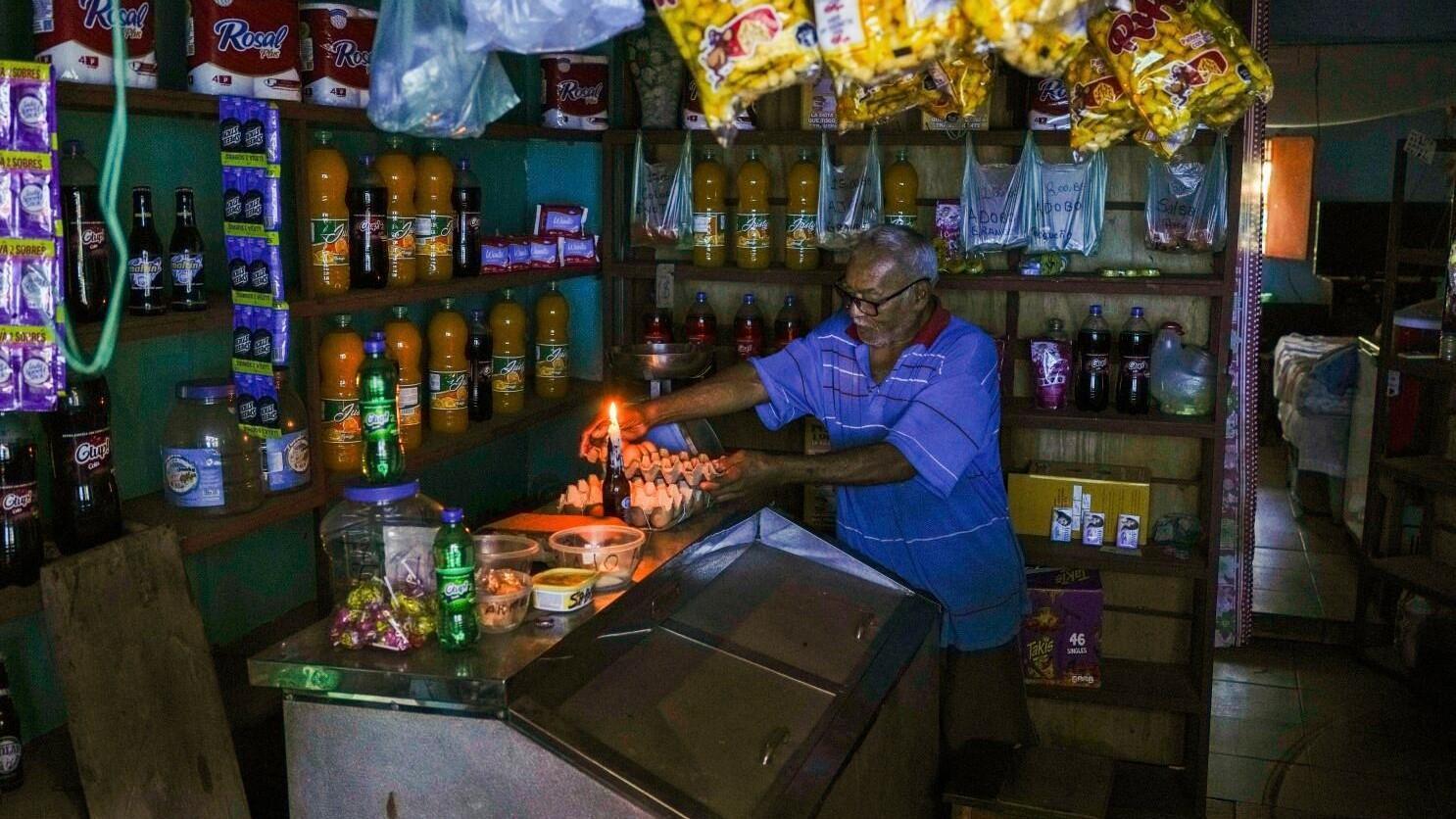US human rights report slams Turkey over freedoms, justice system and security
ISTANBUL

Riot police use tear gas to disperse protesting employees and supporters of Zaman newspaper in front of its headquarters in Istanbul, Turkey, early March 5, 2016. REUTERS photo
The Country Reports on Human Rights Practices, released annually by the U.S. State Department, has provided a snapshot of the deteriorating human rights environment in Turkey, stressing that the ruling Justice and Development Party (AKP) government’s interference with freedom of expression, arbitrary application of laws and inadequate protection of civilians in the country’s southeast pose great threats to civil rights and liberties.Pressure against the exercise of free speech was listed as one of the direst problems of Turkish democracy, as the report cited some 30 journalists charged under anti-terror laws, raids on media companies and the forceful takeover of five media outlets affiliated with the Fethullah Gülen movement through government-appointment trustees.
“At least one journalist was physically attacked and injured in the wake of threats incited by a pro-government member of parliament,” the report said, apparently referring to daily Hürriyet columnist Ahmet Hakan, who was beaten after former AKP Istanbul deputy Abdurrahim Boynukalın delivered a fiery speech addressing hundreds of protesters who attacked the aforementioned newspaper. Boynukalın was later appointed deputy minister of youth and sports.
The report also emphasized the increased number of indictments against individuals, including journalists and minors, who have been accused of “insulting” President Recep Tayyip Erdoğan or Prime Minister Ahmet Davutoğlu. While the Justice Ministry reported receiving 331 complaints in the first six months of 2015 under the controversial law that criminalizes insults against the Turkish nation and its leaders, the EU progress report claimed the ministry in fact received 962 requests over the same period, up from 397 in all of 2014.
The report said “impunity and weak administration of justice” was another issue of concern, as certain laws were applied too broadly and inconsistently.
“Wide leeway granted to prosecutors and judges contributed to politically motivated investigations,” the report alleged, suggesting authorities manipulated laws to arrest members of opposition parties or persons accused of having links with the outlawed Kurdistan Workers’ Party or the purported Fethullahist Terror Organization (FETÖ)/ Parallel State Structure (PDY) led by U.S.-based Islamic scholar Gülen, the AKP’s ally-turned-foe.
It was noted that five Koza İpek Holding media outlets were placed under trusteeship, only to reopen with a pro-government editorial perspective. The report also added that Gülen-affiliated television channels were under financial pressure, as five out of six digital pay-television platforms dropped the channels by Nov. 16, 2015.
The third category of common human rights violations cited by the U.S. State Department was the inadequate protection of civilians during operations against the PKK in a number of Turkey’s southeastern provinces, where long curfews were put in place, depriving civilians of access to basic needs like food, water or shelter.
“The government did not sufficiently protect vulnerable populations, with the result that both PKK fighters, and, at times, government security forces reportedly killed and injured civilians,” it said, adding that dozens of civilians and at least 20 children were killed in clashes.
The report also claimed that government dragged its feet on investigating and prosecuting members of the security forces who were accused of human rights abuses.
















